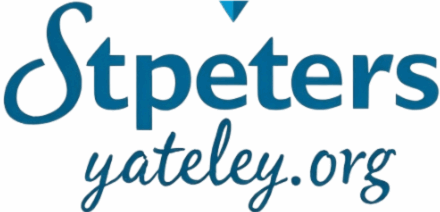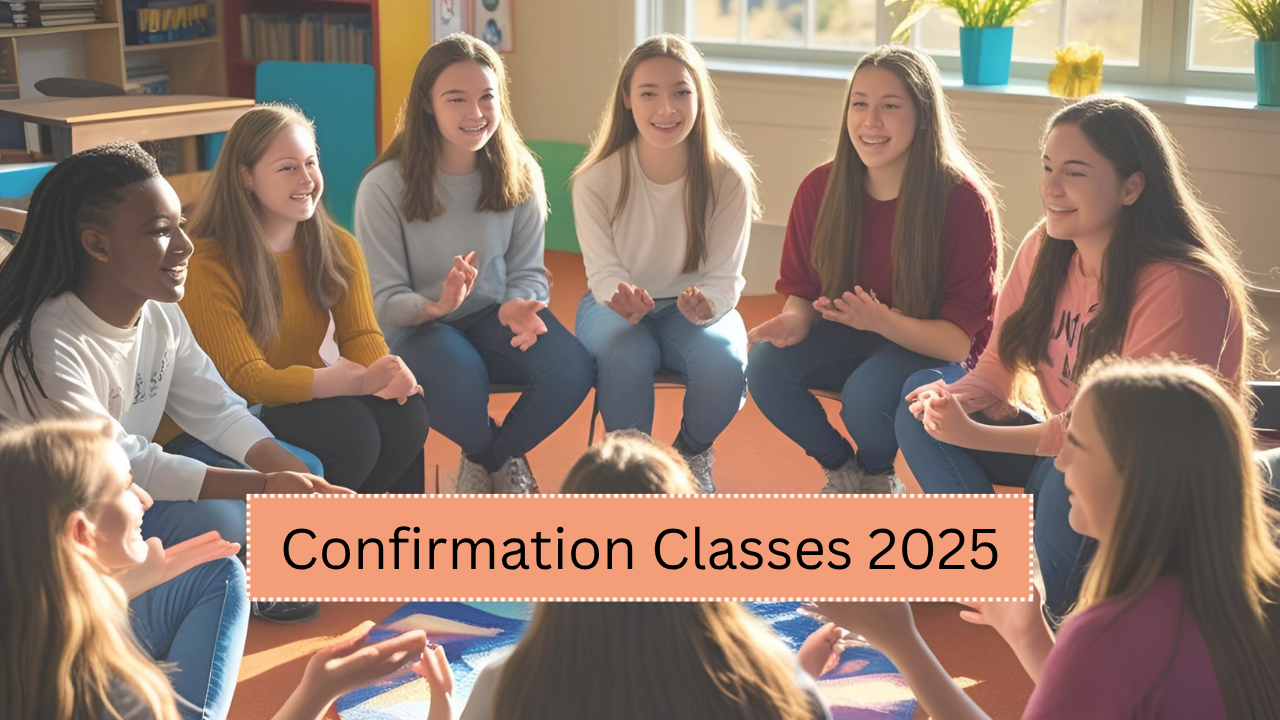Confirmation classes 2025 represent a vital spiritual and educational journey for young Christians preparing to affirm their faith publicly. Designed to strengthen foundational religious understanding, these classes serve as a structured path to explore Christian beliefs, values, and responsibilities. Many churches across denominations have announced updated syllabi, digital tools, and engagement activities to make the process more meaningful in today’s context.
Key Features of Confirmation Classes 2025
- Updated Curriculum
- Focus on Bible interpretation, Church history, and Christian ethics
- Inclusion of digital faith tools like apps and e-learning modules
- Emphasis on current social issues and Christian perspectives
- Age Requirements
- Most programs target youth aged 12 to 16 years
- Exceptions available for adults in beginner faith programs
- Session Structure
- Weekly sessions, generally lasting 60 to 90 minutes
- Combination of lectures, group discussions, role-playing, and multimedia
- Homework, memory verses, and participation in worship services
- Parental Involvement
- Scheduled parent-child reflection sessions
- Encouragement to attend Sunday services together
- Clergy and Mentor Role
- Pastors or catechists lead teachings
- Mentors assigned to smaller groups for spiritual guidance
- Faith-Based Projects
- Community outreach programs included as part of the assessment
- Written reflections or journals on personal faith journeys
Benefits of Joining in 2025
- Modern Curriculum Enhancements
- Use of AI-powered Bible study tools
- Integration with online devotional platforms
- Access to virtual confirmation retreats
- Interfaith Awareness
- Sessions designed to promote tolerance and understanding of other faiths
- Comparative modules for global Christian practices
- Mental Health Integration
- Inclusion of prayer and emotional wellness activities
- Emphasis on coping mechanisms from a biblical perspective
Comparison: Confirmation Classes 2024 vs 2025
| Aspect | Confirmation 2024 | Confirmation 2025 |
|---|---|---|
| Curriculum | Basic catechism and scripture memorization | Interactive Bible study with social applications |
| Technology Integration | Limited use of videos or handouts | Apps, e-learning modules, virtual guest speakers |
| Faith Projects | Written essays or presentations | Journaling, podcasts, service-based learning |
| Assessment | Final oral and written test | Ongoing reflections and practical faith projects |
| Parental Engagement | Optional meetings | Required involvement in key sessions |
| Mentor Program | Not widely practiced | Official mentor pairing with pastoral oversight |
Popular Denominations Offering Confirmation Classes in 2025
- Roman Catholic Church
- Mandatory for all baptized members before First Communion
- Includes the Sacrament of Reconciliation
- Evangelical Lutheran Church
- Emphasis on Martin Luther’s teachings
- Uses Luther’s Small Catechism as base text
- Anglican and Episcopal Churches
- Focus on Book of Common Prayer and sacraments
- Optional retreats in monasteries or mission sites
- United Methodist Church
- Inclusive of social justice teachings
- Often integrates confirmation with community service
Sample Weekly Schedule: Confirmation Classes 2025
| Week | Topic | Activities |
|---|---|---|
| 1 | Introduction to Confirmation | Welcome session, ice-breakers, spiritual goal setting |
| 2 | Understanding the Trinity | Bible study, creative drawing, reflection worksheets |
| 3 | Jesus’ Life and Teachings | Group storytelling, Gospel quiz, faith journals |
| 4 | Role of the Holy Spirit | Interactive videos, prayer exercises |
| 5 | Christian Symbols and Seasons | Church visit, discussion on liturgical calendar |
| 6 | Sacraments Explained | Demonstration, Holy Communion participation |
| 7 | Christian Ethics and Daily Life | Skits, community interviews, journaling |
| 8 | Interfaith Understanding | Guest speaker, Q&A session |
| 9 | Final Preparation and Sharing | Personal testimony presentation, mentor feedback |
| 10 | Confirmation Ceremony | Rehearsal, group worship, sacramental confirmation |
Learning Materials for 2025
- Printed Resources
- Custom confirmation handbooks per denomination
- Bible translations suited for youth comprehension
- Digital Tools
- Mobile apps for scripture memorization
- Video devotionals and animated theology explainers
- Interactive quizzes and flashcards
- Support Materials
- Parental guides for home discussions
- Mentor training modules
Unique Features in 2025 Programs
- Hybrid Class Options
- In-person and remote learning flexibility for students with travel limitations
- Inclusivity Focus
- Gender-neutral language in materials
- Adapted classes for children with special needs
- Confirmation Retreats
- Weekend trips focused on reflection and bonding
- Nature-based spiritual activities and guided meditations
Parting Insights
Confirmation classes 2025 reflect a meaningful step in a believer’s spiritual maturity, enhanced with contemporary tools, inclusive values, and experiential learning. By blending tradition with technology, these programs offer youth and new believers an empowering path to affirm their Christian faith with understanding and conviction.
Quick Answers
Q1: Who can enroll in confirmation classes in 2025?
Any baptized Christian, typically aged 12–16, may enroll. Adults can join special programs designed for mature faith seekers.
Q2: Are online confirmation classes available?
Yes, many churches now offer hybrid or fully online classes with pastoral approval.
Q3: What is the cost of attending?
Most classes are free or covered by church funds. Some churches may request voluntary donations for materials or retreats.
Q4: Can students choose their mentors?
Mentor assignment is usually coordinated by church leaders, but students may suggest someone familiar from their congregation.
Q5: What happens after confirmation?
Students are welcomed as full members of the church and may participate in Holy Communion and serve in youth ministries.

